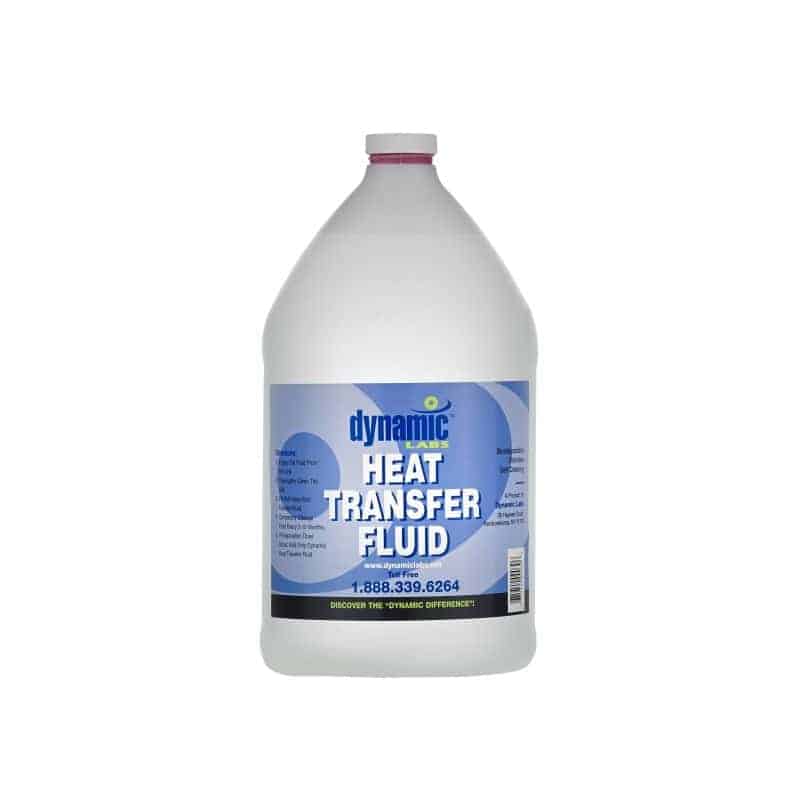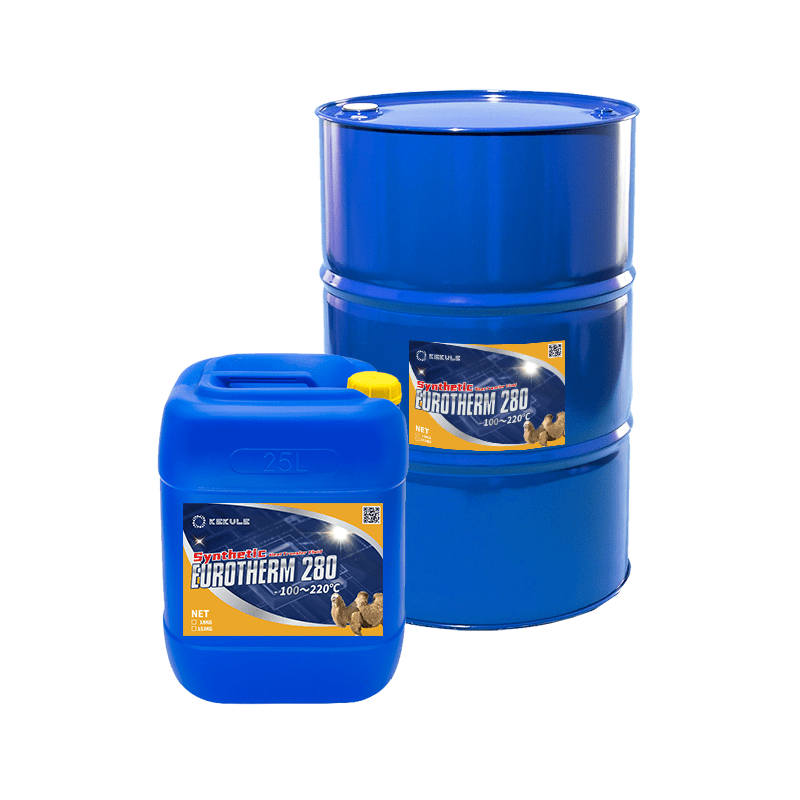Exactly how to Select the very best Heat Transfer Fluid for Industrial Applications
Wiki Article
The Function of Warmth Transfer Fluid in Enhancing System Efficiency and Safety
In the ever-evolving landscape of industrial processes, warm transfer fluids (HTFs) emerge as pivotal components in optimizing both system performance and safety. These specialized liquids, recognized for their premium thermal conductivity and controlled viscosity, enable efficient warmth exchange, which is indispensable for structured procedures.Understanding Warmth Transfer Liquids
Warm transfer fluids, usually thought about the lifeline of thermal management systems, play an essential function in controling temperature level across different commercial applications - heat transfer fluid. Industries such as chemical handling, power generation, and production rely on warmth transfer liquids to ensure tools runs successfully and safely.The selection of a suitable heat transfer fluid is crucial to the success of a thermal management system. In summary, a detailed understanding of warm transfer fluids is essential for maximizing system efficiency, making sure operational security, and achieving cost-effective thermal management options.
Secret Quality of HTFs

The particular warmth capability of an HTF delineates the quantity of heat power called for to change its temperature level, affecting exactly how successfully the system can reply to temperature level variations. The boiling and freezing factors of HTFs also play a crucial function, especially in systems revealed to extreme temperatures, ensuring fluid security and preventing stage changes during procedure. Additionally, the chemical stability of HTFs under varying thermal problems is vital to avoid destruction and expand fluid life. Lastly, compatibility with system materials is essential to stay clear of rust and material destruction, making certain lasting functional reliability. These homes jointly inform the selection of an appropriate HTF for specific industrial applications.
Enhancing System Efficiency
To improve system performance with warmth transfer fluids (HTFs), it is essential to incorporate a detailed method that considers both liquid homes and system design. The choice of an appropriate HTF is crucial, as its thermal conductivity, viscosity, and details warm ability directly influence the effectiveness of warmth exchange.Equally important is the design of the warm transfer system itself. The surface area and material of heat exchangers ought to be enhanced to optimize warmth transfer performance.
Boosting Operational Safety And Security
Making certain functional safety and security in warmth transfer systems calls for a meticulous emphasis on both the properties of warm transfer fluids (HTFs) and the design and maintenance of the whole system. HTFs have to have thermal security, reduced flammability, and proper thickness to decrease threats such as leakages, fires, and system breakdowns. Choosing the best HTF is important as it identifies the system's ability to handle temperature level variations without jeopardizing security.The layout of the system must include redundancies and great site fail-safes to handle prospective threats effectively. This consists of the assimilation of safety shutoffs, stress alleviation tools, and temperature surveillance systems to identify and deal with anomalies quickly. Regular upkeep is necessary to make sure that all components, consisting of pumps, pipes, and seals, are functioning properly and are devoid of wear or corrosion, which might bring about hazardous leaks or failings.
Additionally, employees accountable for the procedure and maintenance of warmth transfer systems should be properly educated in security methods and emergency feedback procedures. Regular training programs and safety drills can dramatically decrease the chance of crashes, making certain a safer working atmosphere. Ultimately, a detailed strategy to safety-- encompassing fluid option, system design, and workforce training-- is crucial for optimal operational protection.
Industry Applications of HTFs
Commonly made use of throughout various markets, warmth transfer fluids (HTFs) play a critical role in improving the performance and integrity of thermal management systems. In the chemical industry, HTFs are discover this info here essential for preserving specific temperature levels during reactions, guaranteeing product uniformity and top quality. They facilitate heat exchange processes in reactors, condensers, and warm exchangers, consequently enhancing power usage and lessening waste.In the oil and gas field, HTFs are used in both upstream and downstream procedures. They take care of temperature level in drilling operations and enhance effectiveness in refining processes by offering steady thermal conditions. This results in decreased downtime and enhanced safety, particularly in crucial operations such as distillation and splitting.
The renewable resource industry likewise benefits significantly from HTFs, particularly in focused solar energy (CSP) plants. Right here, HTFs transfer captured solar power to power generators, allowing effective electrical energy generation. The pharmaceutical market relies upon HTFs for precise temperature level control in both synthesis and storage space, guaranteeing product efficiency and safety and security.


In addition, the food and beverage industry uses HTFs for pasteurization, Full Report sanitation, and food preparation processes, boosting both product safety and security and production efficiency. Throughout these industries, HTFs offer as important components in keeping optimal functional efficiency and security.
Verdict
Warm transfer fluids are necessary in improving commercial system performance and security by offering high thermal conductivity, optimum viscosity, and thermal security. Correct choice and upkeep of HTFs enhance warm exchange performance, thus enhancing operational performance. The low flammability of these liquids is crucial for lessening dangers and guaranteeing secure operations. Comprehensive workers training and routine upkeep additionally sustain the integrity and performance of commercial processes, strengthening the vital duty of HTFs in diverse applications.Report this wiki page